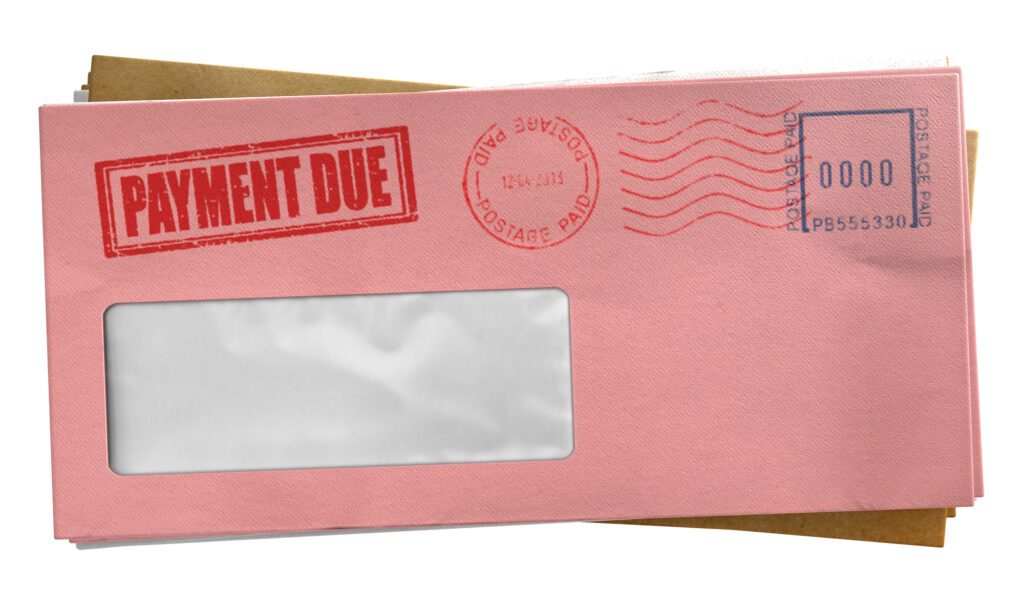When MediaMath filed for Chapter 11 bankruptcy protection in a Delaware district court on Friday, its debts were laid bare.
According to the filing, MediaMath has between $100 million and $500 million in liabilities. It has estimated assets of somewhere within that same range and owes money to between 200 and 999 creditors.
These are mostly names that would be familiar to anyone in ad tech: Magnite, PubMatic, Sonobi, Xandr, AdsWizz, Smart AdServer (now Equativ), TripleLift, LiveRamp, Index Exchange, OpenX, Google, DoubleVerify and GumGum.
Putting rent and IT services aside, most of what MediaMath owes is related to media costs with a little bit of third-party data and ad verification sprinkled in.
Ripples
MediaMath’s bankruptcy will have a knock-on effect across the online ad industry.
Beyond the immediate chaos of media buyers and ad ops people being forced to scramble over a holiday weekend to transfer their campaigns to other demand-side platforms – access to MediaMath’s platform was cut off as of Friday – the company’s suppliers are now heading into Q3 knowing that their bills won’t be paid anytime soon.
Payments to unsecured creditors are not guaranteed in a Chapter 11 bankruptcy proceeding, and the collections process could take years.
MediaMath’s supply partners, all of which are unsecured, will likely receive partial payment – possibly only pennies on the dollar. Meanwhile, secured creditors – Goldman Sachs in this case – will get their money back before anyone else’s claim is satisfied.
So, who’s owed and how much?
MediaMath’s bankruptcy filing includes a list of the 30 creditors with the largest unsecured claims against the company. Unsurprisingly, Magnite and PubMatic are at the top.
These are the ad tech providers owed more than $1 million:
- Magnite: $12.6 million
- PubMatic: $10.5 million
- Sonobi: $5.3 million
- Xandr: $4 million
- AdsWizz: $3.4 million
- Smart AdServer (now Equativ): $3.4 million
- TripleLift: $2.8 million
- Azerion Technology: $2.6 million
- LiveRamp: $2.3 million
- Index Exchange: $2.2 million
- OpenX: $1.9 million
- Google: $1.7 million
- DoubleVerify: $1.5 million
- GumGum: $1.4 million
- Unruly: $1.4 million
- Madhive: $1.3 million
- Oracle (Grapeshot): $1.2 million
- Yahoo Ad Tech JV: $1.1 million
- Yieldlab: $1.1 million
- Eyeota: $1.1 million
- T-Mobile (PushSpring): $1.05 million
Fate, free will or a combo?
A lot of the chatter surrounding MediaMath’s collapse has been about what could and should have been done differently over the years to have avoided this unfortunate outcome, which resulted in more than 300 people losing their jobs.
MediaMath missed (and dismissed) multiple opportunities to get acquired, took late-stage investments that led to a disastrous restructuring and made business bets that didn’t pan out, including that marketers would bring their programmatic media buying in house en masse.
A person close to the company previously described the dynamics at play as akin to “a Shakespearean tragedy.”
Typically, Shakespeare’s characters often bring about their demise through their own actions. But there is also usually an element of fate and having to deal with strong external forces outside of one’s control.
Which is to say that every independent DSP (not that there are that many left) operates in a world in which Google, Amazon and Meta collectively generate hundreds of billions of dollars annually in advertising revenue. YouTube alone generated just over $29 billion last year.
Recent research released by Adalytics demonstrates that roughly 80% of YouTube TrueView placements that run on third-party websites violate Google’s own standards by being outstream, muted, autoplay and appearing out of view. (Google denies this.)
Regardless, let’s pretend the number is far lower than 80%.
Even a sliver of $29 billion available to companies that aren’t in the Big Tech coterie would make a palpable difference to the independent ad tech sector.
Adam Heimlich spells this point out in a LinkedIn post:
In short, we live in a system and not in a vacuum.














